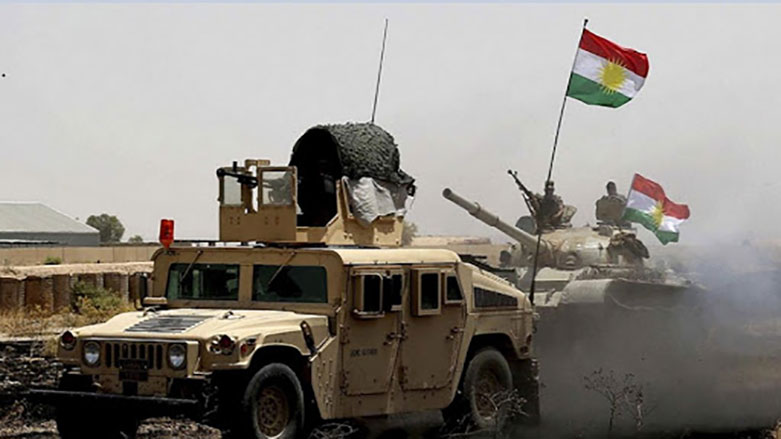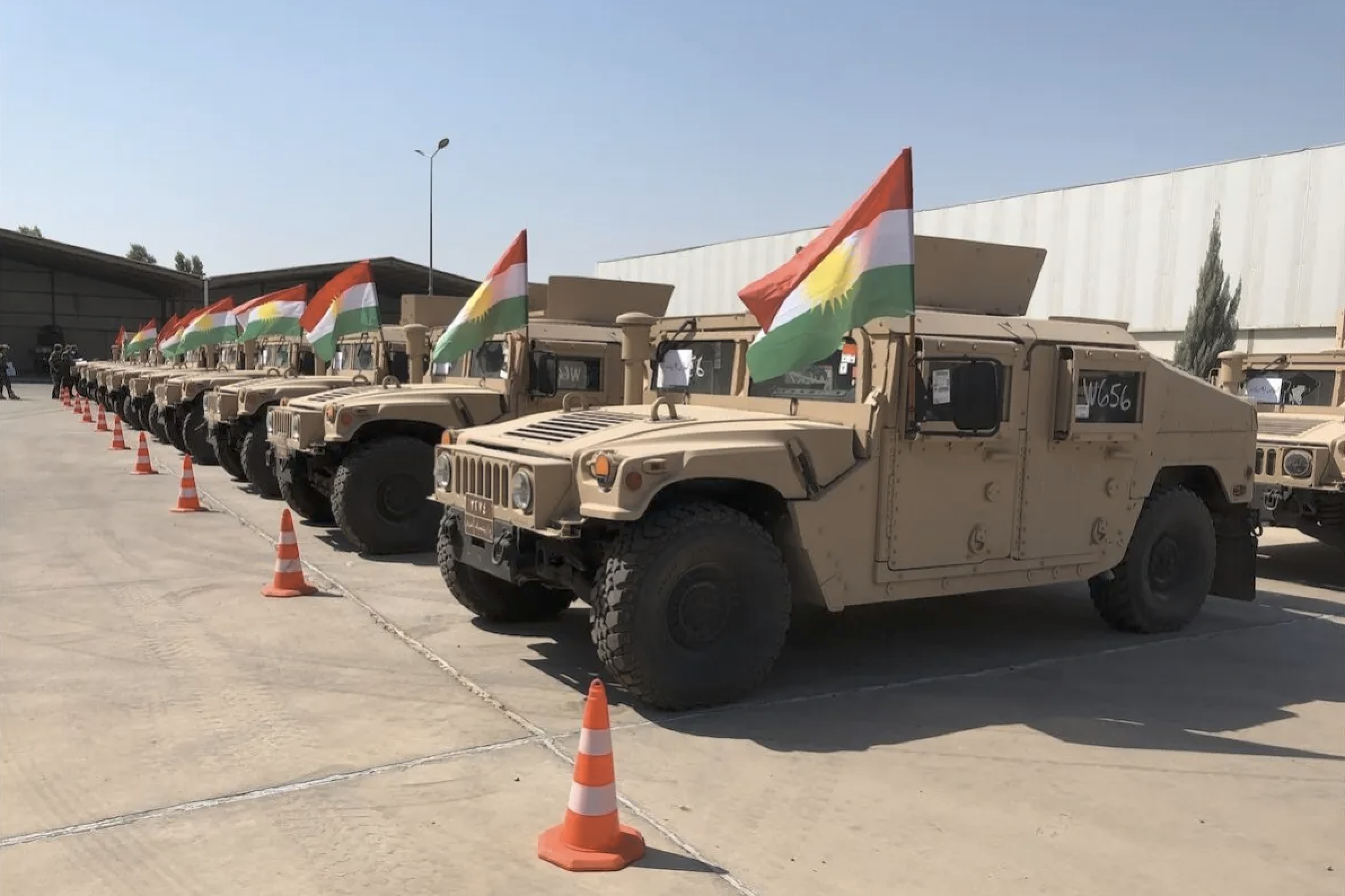The 2024 National Defense Authorization Act (NDAA), recently passed by the U.S. Congress, carries a pivotal provision focused on bolstering the defenses of the Kurdistan Region of Iraq’s (KRI) peshmerga forces against the persistent threat of missile and drone attacks. This development comes in response to the region’s vulnerability, having faced repeated assaults from neighboring Iran and Iran-backed militias in recent years, when the KRI lacked the support of effective defense mechanisms.
The legislative provision, having received approval from both the U.S. House of Representatives and the U.S. Senate on December 14, is poised for U.S. President Joe Biden’s signature. It places a compelling obligation on the secretaries of defense and state to devise a comprehensive plan by February 1, 2024 aimed at equipping and training both Iraqi security forces and the Kurdish peshmerga to effectively defend against missile, rocket, and unmanned-system attacks. The envisaged implementation of this plan is expected within 90 days of its development.

The urgency of this provision is underscored by the escalating attacks on U.S. troops in Iraq and Syria, particularly at the Erbil International Airport (EIA) in the capital of the KRI. These attacks have been a recurring phenomenon since the outbreak of the Israel-Hamas War in October. Notably, EIA experienced rocket fire even before the current Gaza conflict, with the first attack in September 2020.
These assaults serve as strategic signals from militias to the United States, showcasing their capabilities to target troops within the secure boundaries of the Kurdistan Region. While some attacks have directly threatened U.S. troops and civilians, including an explosive drone incident on October 26, 2023, and a rocket barrage in February 2021, others have underscored the potential for collateral damage, such as the drone crash into an unfinished residential building in Erbil on December 8.

The significance of the KRI is underscored in the article, with militias directly targeting civilian areas, exemplified by the ballistic missile strike on Erbil in March 2022. Additionally, security challenges in the region are compounded by Iranian attacks on dissidents in the Koya region and a substantial cross-border aerial assault in September 2022.
While U.S. troops at EIA may continue utilizing short-range C-RAM systems for point defense, the provision in the NDAA recognizes the necessity for broader air defenses to safeguard Iraqi Kurds. In considering potential systems, it is speculated that the United States may provide short- to medium-range options tailored to counter militia rocket and drone threats.
Robin Bell is a specialist in marketing, logistics and supply chains with experience in over 35 countries – mainly developing markets. CEO of consultancy Graydon Lloyd, he is an Advisor to Valuechain, UK (Cloud based Network & Supply Chain Portals) and Kadme (Big Data & AI specialists), Norway.

